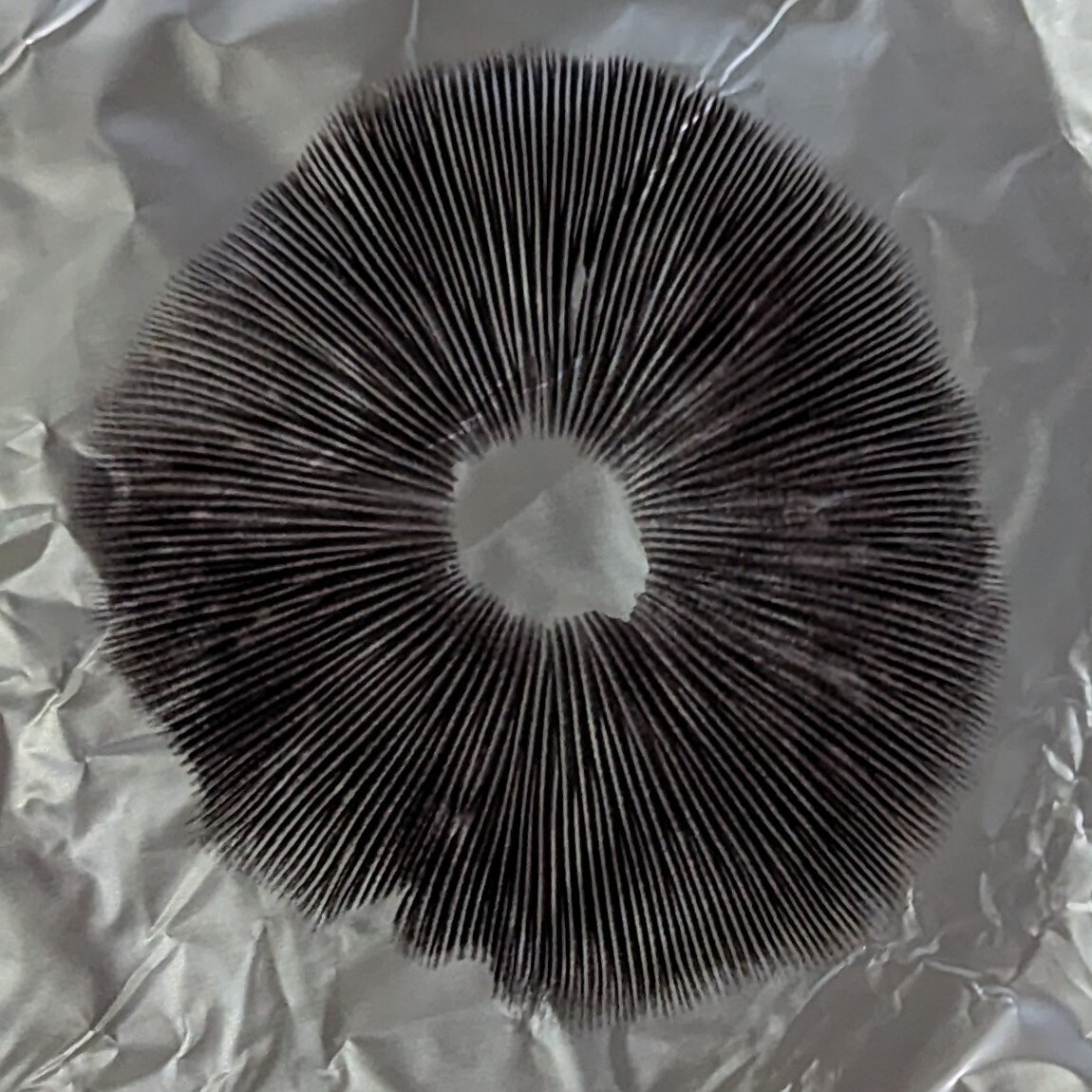Does Spotify have a way to see if your computer is recording with your DAC’s stereo mix? And if so, is there a way around it?
On Windows, there is a Secure Audio Path API to prevent interception of the audio signal. Not sure if macOS has something similar, though it can prevent screenshotting of DRMed video. On Linux, any such protection is probably impossible unless Spotify requires a kernel module.
Note that the audio quality on Spotify is not very high (256kbps .ogg, I think), so anything thus recorded is going to sound lossy, especially after you recompress it a second time.
Tidal-dl ftw
So I use windows, does this mean I’m good then? Or is this some setting I need to toggle on?
On Windows, there is a Secure Audio Path API to prevent interception of the audio signal.
this would mean no, you’re not good.
and you need to take their second bit of advice to heart! always shoot for higher bitrate files if you’re learning to produce. manipulating lossy files will often sound nastier, so get FLACs/WAVs of the songs instead. with those two reasons + the fact that Spotify could possibly have unnoticeable watermarks while streaming even if it does work, I would strongly advise against getting your samples this way
im not producing and this is for my own use. Also I listen to obscure music that isn’t available as torrent yet.
So Audacity has the option to loopback into the software. Spotify shouldn’t see this correct? How does that get around the the Windows piracy protection?
gotcha. then yeah, i wouldn’t worry about them noticing you’re recording with Audacity
fwiw if it’s any easier, deezer usually has a similar library to spotify, and free-mp3-download.net downloads from there with a bit better quality too.
do people know where free-mp3-download.net gets their tracks? does it come directly from deezer?
they do indeed rip them directly through a premium deezer account.
i can also recommend soulseek if you’re not already aware of it, it’s a lot easier than trying to find music torrents
they do indeed rip them directly through a premium deezer account.
You can even do it yourself. Check out this guide (you need to scroll past the ARLs to find the instructions).
deleted by creator
deleted by creator
Spotify cannot tell if you record a song. So no, it won’t get you banned. But as others have said, OSes have built in piracy protection.
With that said, it’s a terrible way to pirate songs. You can find most anything on torrents. Grab yourself some nice flac rips and encode them to a nice AAC format. Spotify uses really shitty encodes, you’re not getting lossless through them.
Actually, they’re apparently about to finally launch a lossless product. And they’re going to charge you more for it, when Apple doesn’t. Bet that’ll be great for them.
fair enough. Its just for my personal use so i can have offline music that isn’t through their app. Audacity has the loopback option in their software. So spotify can’t see that in Audacity either? How does that get around the the Windows piracy protection?
I don’t get why you’d settle for shitty quality music because it’s “just personal.” Your ears. Audacity isn’t the only way to take songs from Spotify. But removing the DRM isn’t possible, so you have to basically re-encode it and that means quality loss.
You can try: https://muconvert.com/how-to/remove-drm-from-spotify/ or just search for “remove DRM from Spotify”. Plenty of options. But all involve a loopback and basic re-encode to strip the DRM. That means quality loss.
macOS has an app called Loopback that can basically allow you to intercept and route any audio and then capture it. The UI helps see what’s possible. https://rogueamoeba.com/loopback/
I don’t know how they’d know unless they could read your computer’s process list or something like that… And even then, how would they know if a process is recording or just receiving audio?
They could add an imperceptible audio watermark
But how would they detect that watermark being recorded by a complete separate process or hardware output?
They probably scan audio tracks uploaded to music sharing sites, a few online streaming services do this for video to identify accounts ripping the content.
If you’re doing it for personal use I see nothing to worry about
I know that this is possible, but I’ve never actually heard of it being done on streaming sites. I’ve only heard of it with e.g. prerelease copies of movies sent to critics or something like that.
Any idea which sites do that?
Crunchyroll used to (very blatantly) but I don’t think they do that anymore.
No idea of any other on-demand streamers using it unfortunately, however WWE, warner bros, FIFA, formula 1 and a bunch of sports organisations with their own subscription service use this tech in a transparent way to kill IPTV streams quickly
Which might be good for detecting if somebody somewhat widely distributed a recorded copy, but not if it was just for personal use. Also, if the capture process creates loss there’s a good chance it might degrade the watermark as well
Not even just the capture process. Re-encoding the track to release it into anything lossy, even at a high bitrate, is going to destroy anything that’s inaudible. It would be like trying to read the microprint on the photocopy of a photocopy of a bank note. It’s not going to happen.
Just lossy compress it slightly. Completely gone.
Record with two devices, compare and strip everything away that they do not have in common
Particularly stuff outside of the human hearing range, if i’m not mistaken thats how Dolby Pro Logic & PLII surround worked
Depends on the watermark tech used, for example Cinavia is resilient to compression.
Use a Gmail account; they are quick to block users on the basis that it might be a “spam account”.
I have been using ProtonMail for a while with their service. The moment you log out for a while or don’t use the app often, the account becomes no longer accessible.
It’s about data mining; they’re greedy and corrupt!
but that doesn’t actually download from spotify
Take a look at spytify works like a charm honnestly.










